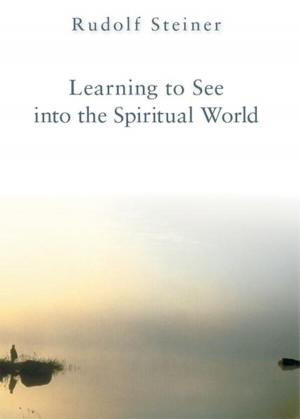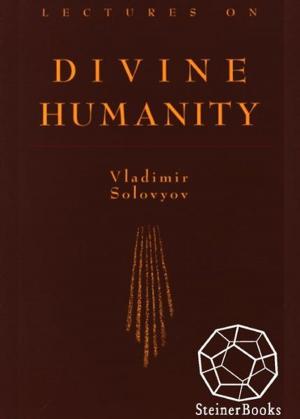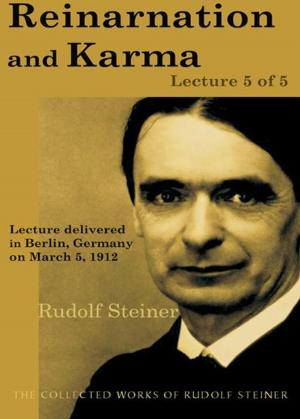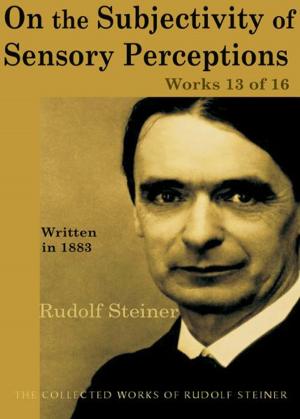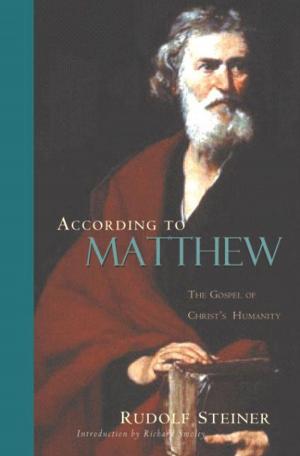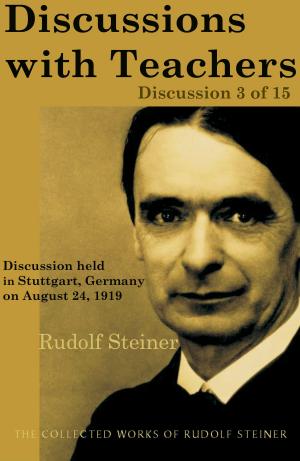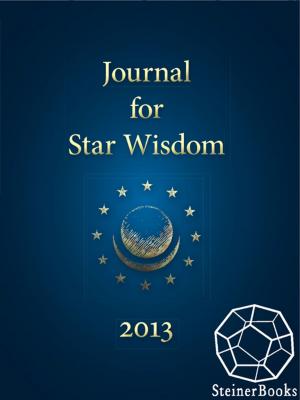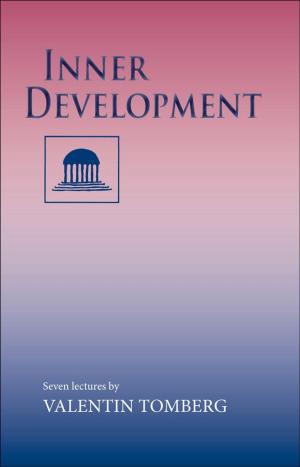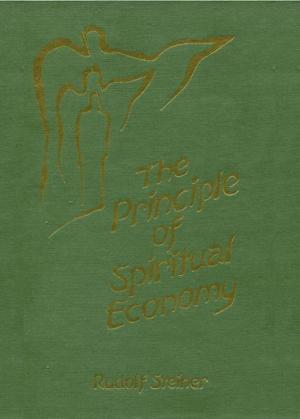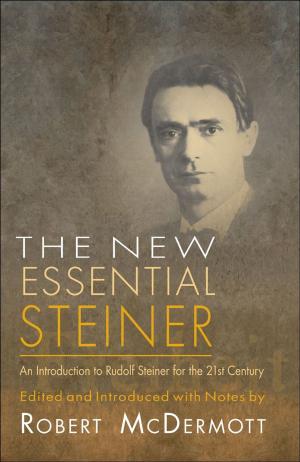Education as a Social Problem
Nonfiction, Reference & Language, Education & Teaching, Educational Theory, Philosophy & Social Aspects| Author: | Rudolf Steiner | ISBN: | 9781621510024 |
| Publisher: | Steinerbooks | Publication: | January 1, 1984 |
| Imprint: | SteinerBooks, Collected Works 296 | Language: | English |
| Author: | Rudolf Steiner |
| ISBN: | 9781621510024 |
| Publisher: | Steinerbooks |
| Publication: | January 1, 1984 |
| Imprint: | SteinerBooks, Collected Works 296 |
| Language: | English |
The six lectures in this volume were given one month before the opening of the first Waldorf School in Stuttgart in September 1919, in the context of Germany's post-war social ferment. Steiner points to negative tendencies present in modern social life as inner drowsiness, mechanization, and animalization. Attempts to find a social solution must include not only economics and legal rights, but also the third element of the free cultural life, which has become maya (illusion) for the civilized West. Education is "the most urgent problem of the present time," Steiner announces. He goes on to explain how only a proper nurturing of imitation, reverence , and love in the three periods of child development can prepare adults who are ripe to live the corresponding three virtues of a healthy social structure: cultural freedom, legal equality, and economic brother hood. This picture is then connected to Steiner's threefold ideas of the human soul, economics, and higher knowledge. He urges us to overcome at their roots one-sided intellectual cleverness, lack of inner direction, schematic thinking, and centralized socialism through an inwardly mobile pedagogical thinking able to respond to the inner riddle of each child.
The six lectures in this volume were given one month before the opening of the first Waldorf School in Stuttgart in September 1919, in the context of Germany's post-war social ferment. Steiner points to negative tendencies present in modern social life as inner drowsiness, mechanization, and animalization. Attempts to find a social solution must include not only economics and legal rights, but also the third element of the free cultural life, which has become maya (illusion) for the civilized West. Education is "the most urgent problem of the present time," Steiner announces. He goes on to explain how only a proper nurturing of imitation, reverence , and love in the three periods of child development can prepare adults who are ripe to live the corresponding three virtues of a healthy social structure: cultural freedom, legal equality, and economic brother hood. This picture is then connected to Steiner's threefold ideas of the human soul, economics, and higher knowledge. He urges us to overcome at their roots one-sided intellectual cleverness, lack of inner direction, schematic thinking, and centralized socialism through an inwardly mobile pedagogical thinking able to respond to the inner riddle of each child.


